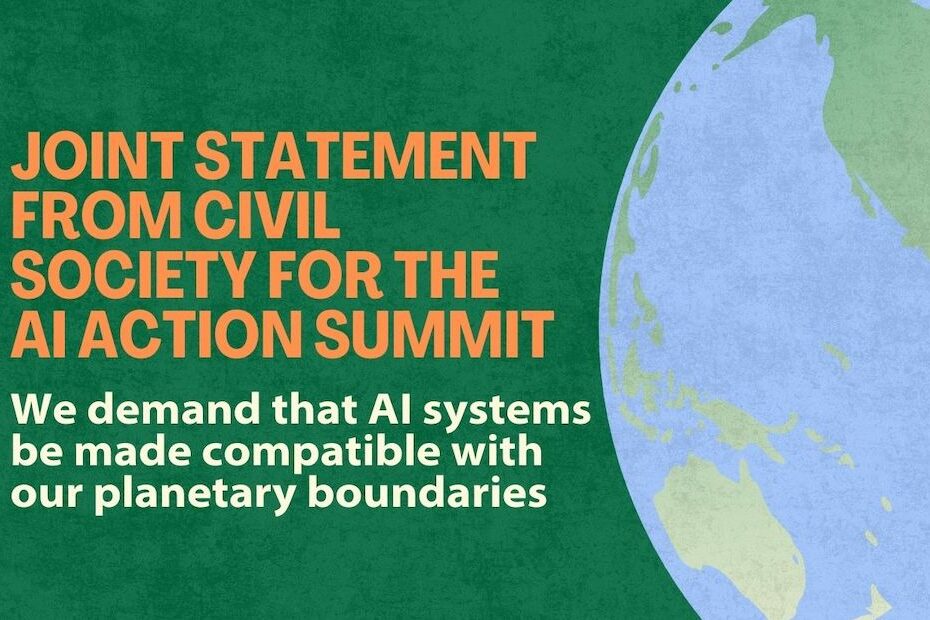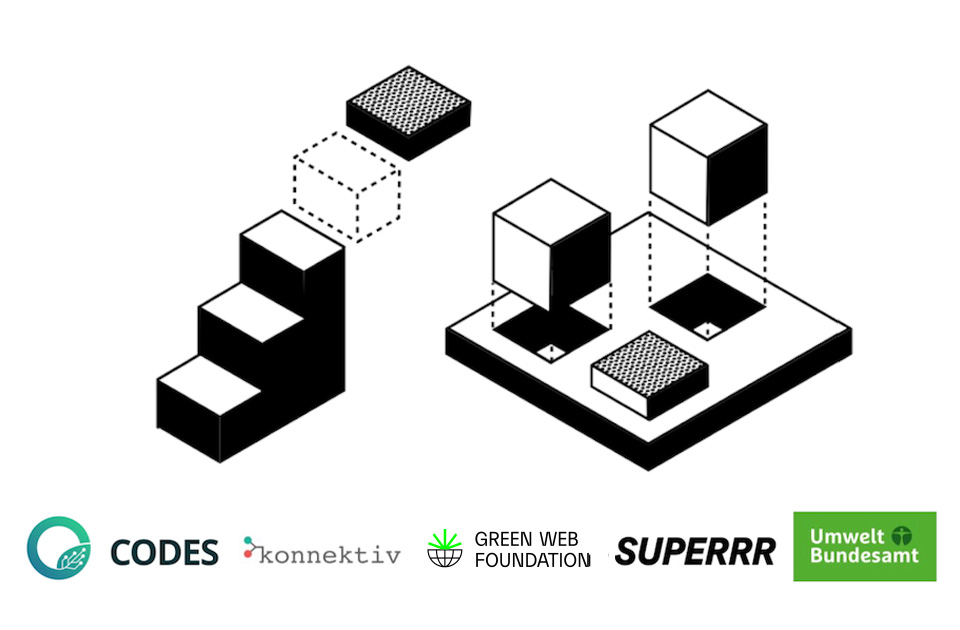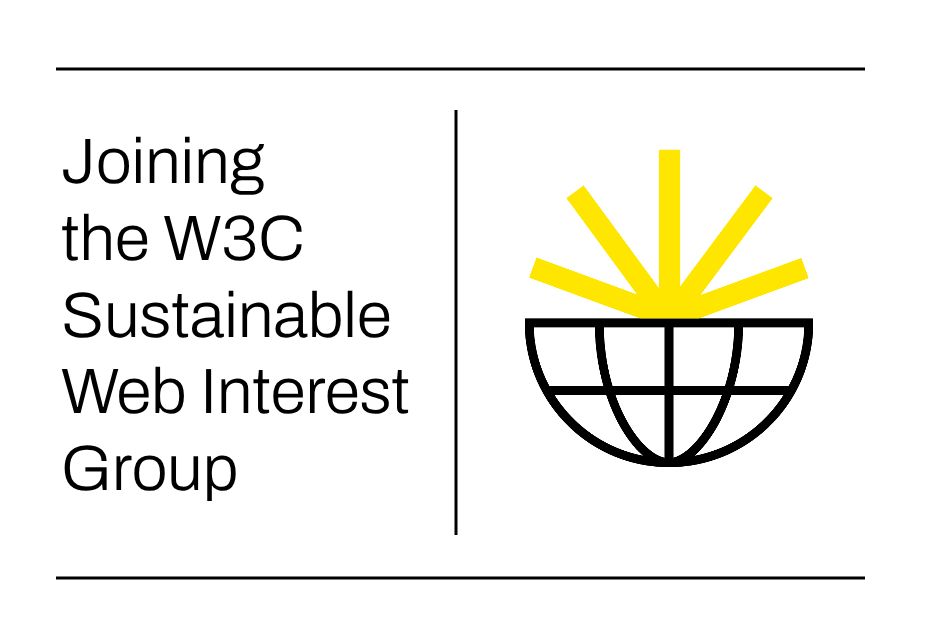Days before the AI Action Summit, we join 100 civil society organisations in urging policymakers and leaders to acknowledge AI’s environmental harms.
As world leaders and industry executives prepare for the AI Action Summit in Paris on Feb. 10 and 11, a hundred civil society organisations call for them to urgently acknowledge the true environmental harms of AI. The statement outlines 15 demands to align AI within planetary boundaries.
Signatories include groups working on environmental and climate justice, human rights, open source technology and infrastructure, digital rights, feminist technology, such as AI Now, Athena Coalition, European Digital Rights (EDRi), Amnesty International, Association for Progressive Communications (APC), Climate Action Network (CAN) Europe, and La Quadrature du Net.
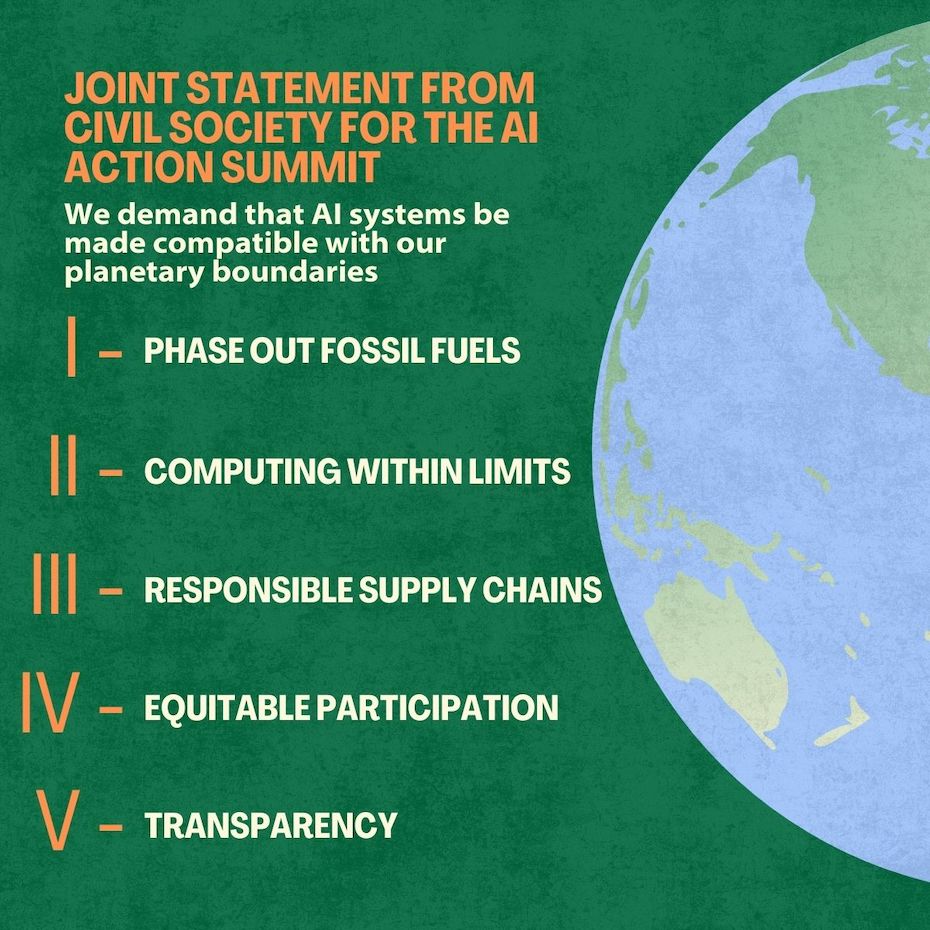
The statement sets out five categories of demands needed to reduce AI’s environmental harms across its entire supply chain and lifecycle. These include:
- Phase Out Fossil Fuels. The AI industry must urgently phase out fossil fuels across its entire supply chain.
- Computing Within Limits. AI computing infrastructure must urgently be brought within planetary limits.
- Responsible Supply Chains. AI companies with substantial marketshare and economic and political influence bear the primary responsibility to ensure a responsible supply chain.
- Equitable Participation. It is crucial to have public participation in decisions about what computation is used for and under what conditions. Climate and environmental activism must not be criminalised.
- Transparency. Transparency must be meaningful, and publicly accessible information about the social and environmental implications of proposed AI infrastructure and should be provided to the public before it is built or scaled.
The signatories reinforce the need to reject false and misleading solutions and instead offer practical pathways to align AI within planetary boundaries. These demands represent the bare minimum required to mitigate the ongoing harm to our economies, societies, and shared planet.
While recent news on the DeepSeek AI model has called into question large tech companies’ resource-intensive AI expansions strategies, such strategies are today the predominant approach to AI build-out and will continue to drain resources unless urgent action is taken.
“AI can never be a ‘climate solution’ if it runs on fossil fuels and is used to extract oil and gas. Its rising electricity demand is pushing power infrastructure to its limits, prolonging and intensifying our dependency on fossil fuels, which worsens climate impacts and undermines international commitments to limit global warming,” said Jill McArdle, Beyond Fossil Fuels’ international corporate campaigner. “AI infrastructure like data centres must be powered by new and additional renewable energy that supports the wider energy transition.”
The groups plan to deliver the letter to AI Action Summit organizers today and will also speak at the summit’s Forum on Sustainable AI on February 11 at 9:35am CET.
“We call on policymakers, industry leaders and all stakeholders in the AI ecosystem to dedicate all necessary means to phase out fossil fuels across AI’s supply chain,” said Michelle Thorne, Green Web Foundation’s director of strategy. “If you’re attending the AI Summit, then you need to be thinking about the environmental harms of AI. We must act now to develop the technology within planetary limits.”
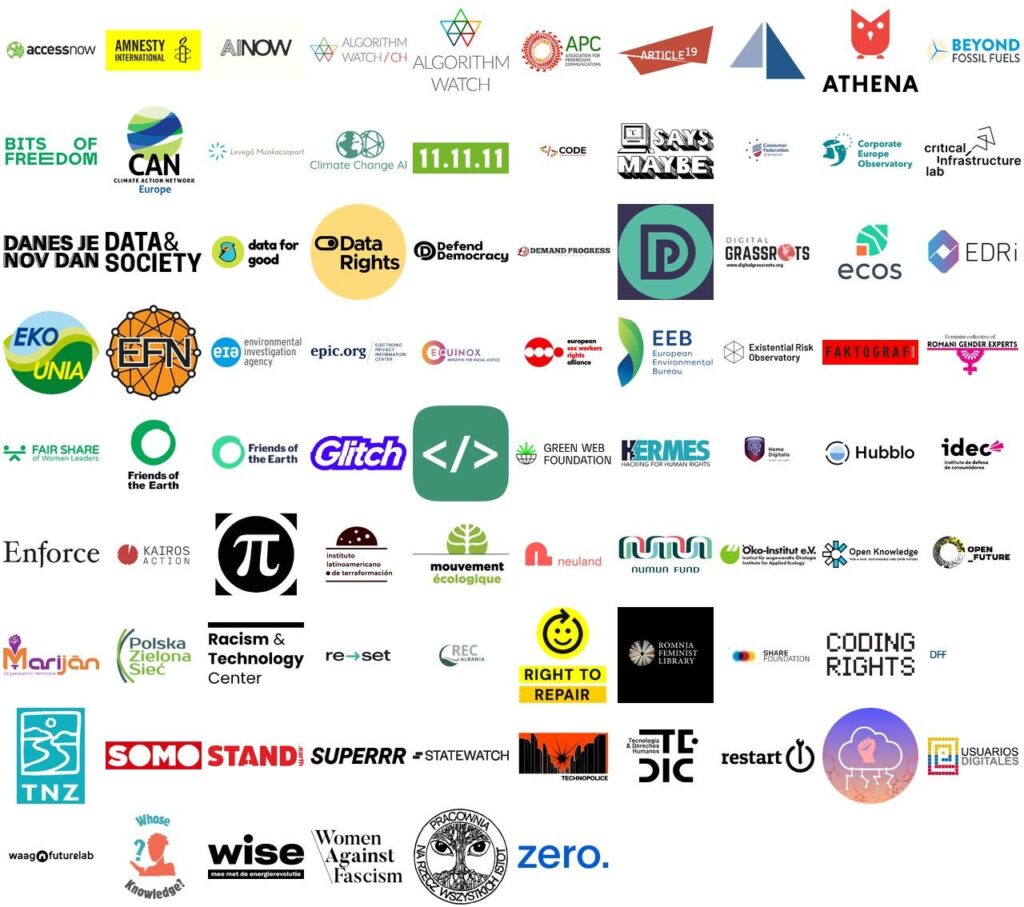
Get Involved
If you are a civil society organisation, you can also sign it. Companies and individuals are welcome to share the letter and work towards advancing these demands.
Sign up to the Green Screen mailing list (link at the bottom of the page) and our newsletter if you would like to collaborate on this.
Thank you to fellow writers Green Screen Coalition, Beyond Fossil Fuels, Aspiration, and critical infrastructure lab and all the organisations who reviewed and shared this work!
